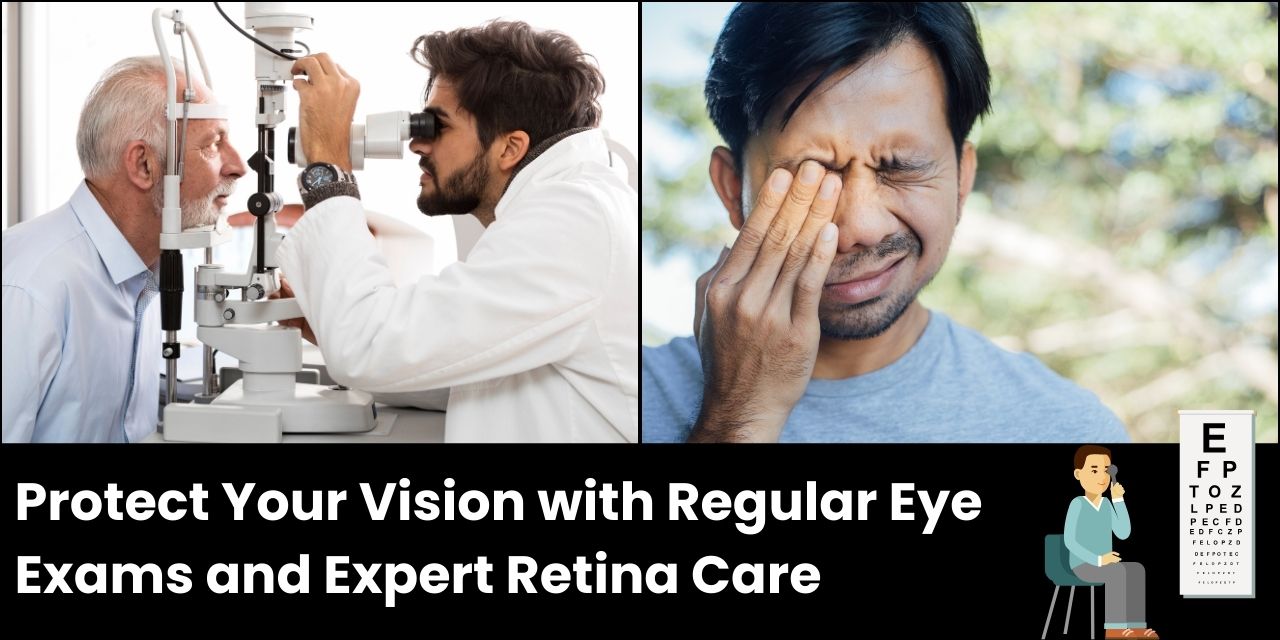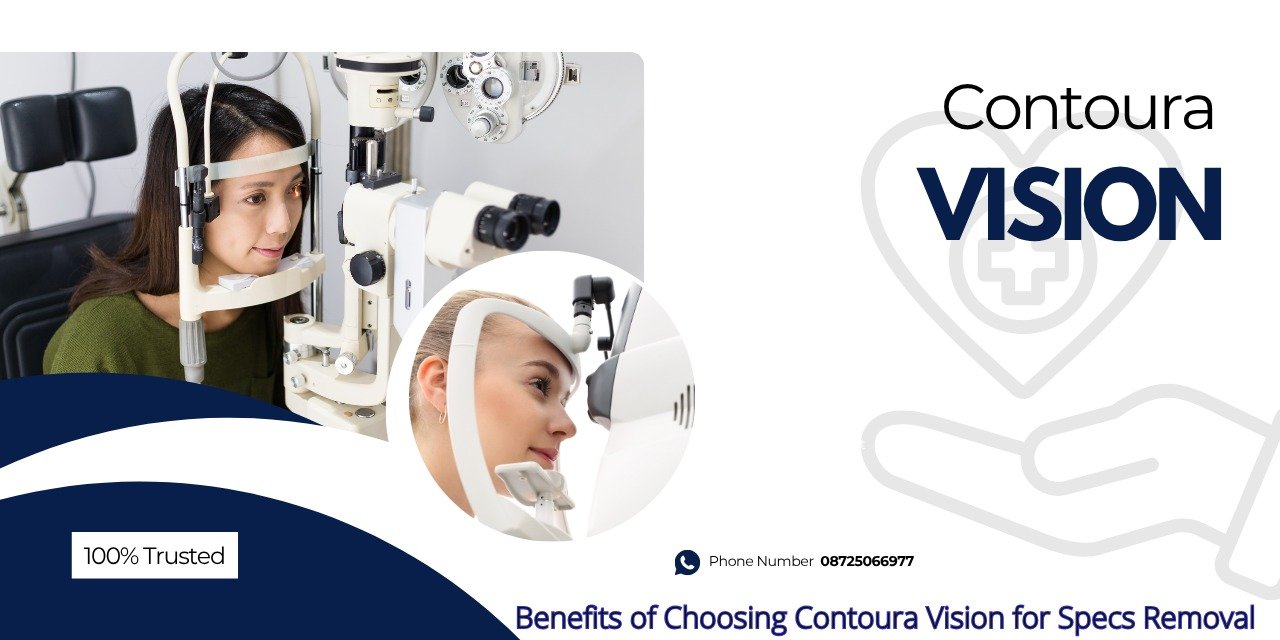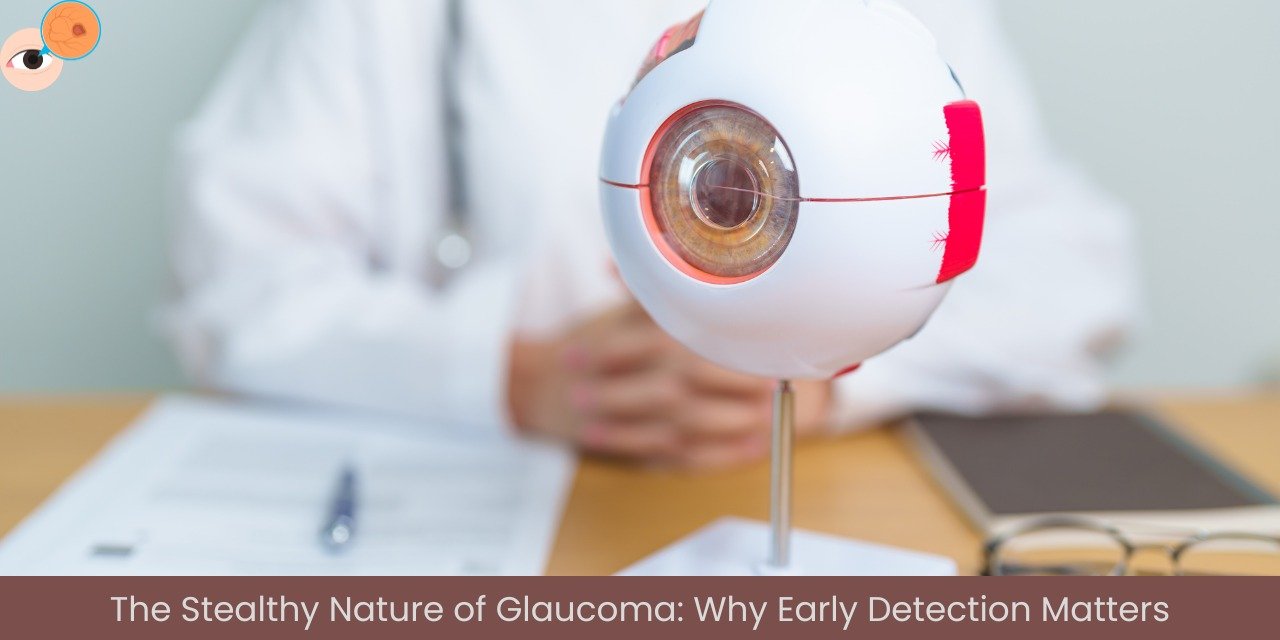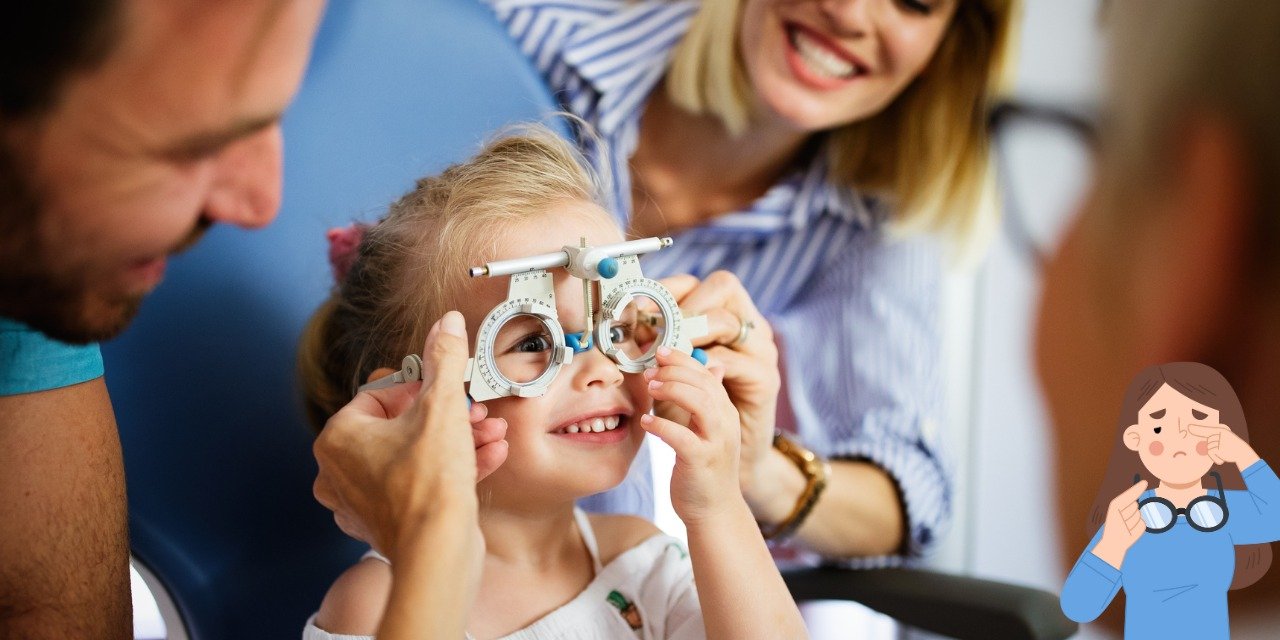Our eyes are incredibly complex organs that allow us to see the world around us. At the core of this intricate system is the retina, a vital layer of tissue located at the back of the eye. While most people know that the retina is essential for vision, few fully understand how it works or why maintaining its health is critical. This article will explain the retina’s function in simple terms, discuss common issues that can affect retinal health, and emphasise the importance of regular eye exams.
What is the Retina, and How Does it Work?
The retina is a thin layer of tissue that lines the inside of the back of the eye. Its primary role is to convert light into neural signals, which are then sent to the brain via the optic nerve. The brain interprets these signals, enabling us to perceive images and see the world in colour, shape, and motion.
Here’s a simplified breakdown of how the retina works:
- Light enters the eye through the cornea and passes through the lens, which focuses it onto the retina.
- Photoreceptor cells in the retina, known as rods and cones, respond to light. Rods detect black, white, and shades of gray, while cones are responsible for color vision.
- These photoreceptors convert the light into electrical signals.
- The signals are sent to the brain through the optic nerve, where the brain processes them into the images we see.
In short, without a properly functioning retina, the brain wouldn’t be able to interpret light, making vision impossible.
Why is the Retina So Important?
The retina’s primary function is to act as a receiver for the images we view. It plays a crucial role in:
- Central and Peripheral Vision: The retina supports both central vision (used for reading and recognizing faces) and peripheral vision (used for seeing objects to the side).
- Colour and Night Vision: Cones help detect different colours, while rods are more sensitive to low light, making night vision possible.
- Sharpness and Clarity: A healthy retina ensures that images are sharp and clear. Any disruption in the retina’s function can lead to blurred or distorted vision.
Because the retina is integral to nearly every aspect of vision, maintaining its health is vital for clear and functional eyesight.
Common Retinal Issues and Diseases
Several conditions can affect the health of the retina, and early detection is key to managing them. Here are some common retinal issues:
1. Retinal Detachment
Retinal detachment occurs when the retina pulls away from its normal position at the back of the eye. This is a medical emergency, as it can lead to permanent vision loss if not treated promptly. Symptoms include seeing flashes of light, floaters, or a shadow over the field of vision.
2. Diabetic Retinopathy
Diabetic retinopathy is a complication of diabetes that affects the retina’s blood vessels. High blood sugar levels can cause these vessels to swell and leak fluid or blood, damaging the retina and potentially leading to blindness. Early symptoms might include blurred vision or difficulty seeing at night.
3. Age-Related Macular Degeneration (AMD)
AMD affects the macula, the central part of the retina responsible for sharp vision. Over time, this condition can cause central vision loss, making tasks like reading or recognizing faces difficult. It’s one of the leading causes of blindness in older adults.
4. Retinitis Pigmentosa
This is a group of rare genetic disorders that cause progressive damage to the retina. Individuals with retinitis pigmentosa experience a gradual loss of peripheral vision and may eventually lose their sight altogether.
5. Macular Hole
A macular hole is a small break in the macula, often caused by aging. It can lead to blurry or distorted central vision. This condition typically requires surgical intervention to prevent further damage.
The Importance of Regular Eye Exams
Many retinal conditions, especially in their early stages, show no symptoms. For this reason, regular eye exams are essential for maintaining retinal health and preventing severe vision loss. Eye exams allow doctors to detect changes in the retina before they become serious problems.
For example, diabetic retinopathy may not cause noticeable symptoms until significant damage has occurred. However, during an eye exam, an ophthalmologist can spot early signs and recommend treatments or lifestyle changes to prevent further progression.
Likewise, age-related macular degeneration often starts slowly, but routine check-ups can help identify the condition early and slow its progression with the right treatments. In most cases, early intervention is key to preserving vision.
Protecting Your Retinal Health
Aside from regular eye exams, there are several steps you can take to protect your retina and overall eye health:
- Maintain a Healthy Diet: A diet rich in antioxidants, leafy greens, and omega-3 fatty acids can support retinal health.
- Manage Chronic Conditions: If you have diabetes or high blood pressure, controlling these conditions is crucial for preventing retinal damage.
- Avoid Smoking: Smoking can increase the risk of retinal diseases like AMD.
- Wear Sunglasses: UV rays can damage the retina, so wearing sunglasses that block 100% of UV light is important.
Conclusion
The retina is the cornerstone of vision, converting light into images that allow us to see the world. Its health is critical, and regular eye exams can help detect and treat issues before they lead to serious vision loss. Common retinal conditions like diabetic retinopathy, AMD, and retinal detachment can be managed or even prevented with early detection and appropriate care.
For those looking to maintain healthy vision, it’s important to prioritize preventative care. If you’re in Mohali, consider booking an eye exam at JP Eye Hospital, where specialized retina eye treatment in Mohali is available. Protect your vision and ensure the long-term health of your eyes with expert care and advice. To get more information please contact us on : 08048193820













